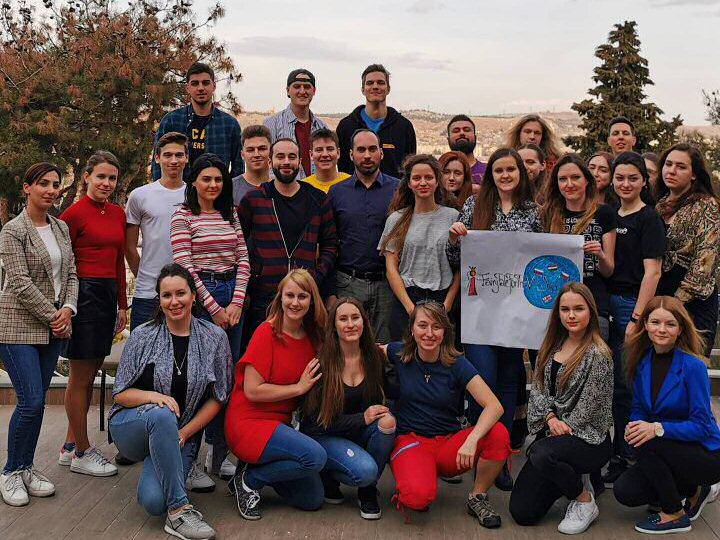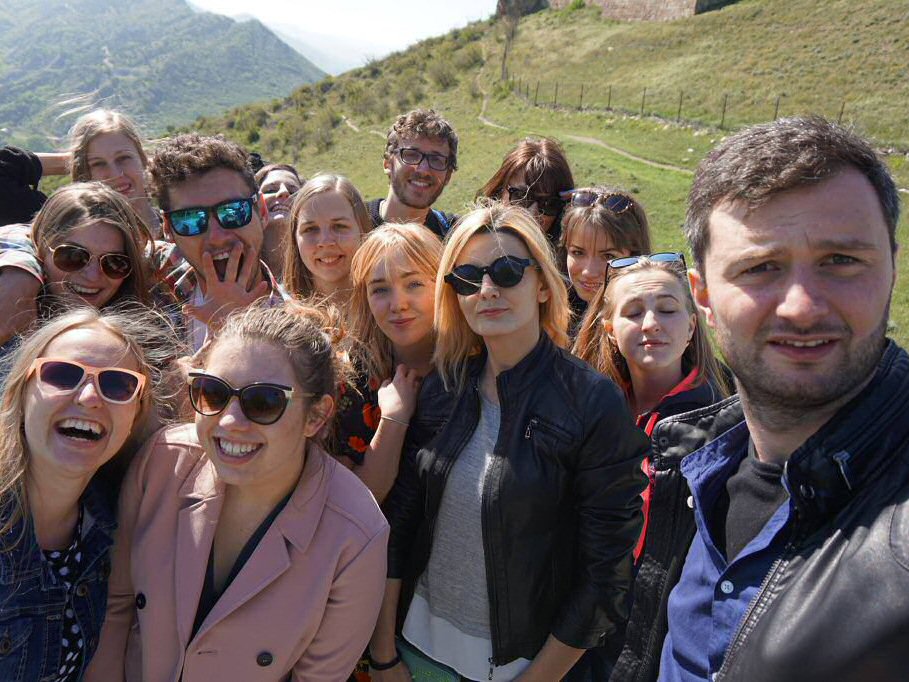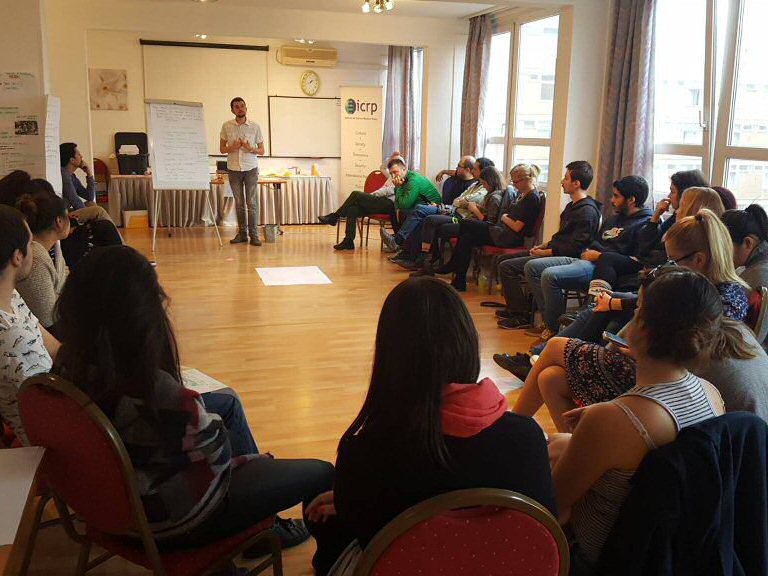The Institute for Cultural Relations Policy conducts and takes part in international research and educational projects. The extended international network of the institute makes it available to be an active partner in long-term, extensive projects and short-term mobility projects as well. The ICRP’s main objectives to participate in international cooperation are: to benefit from the opportunity to carry on transfer and exchange of good practices; to conduct effective dissemination through its existing communication channels and circles; to be engaged in cooperation with relevant organisations, well-established institutions, higher education institutions and research centres; to achieve enhanced international visibility; and to achieve qualitative development of the ICRP’s educational activities targeting youth. The ICRP believes that participating in international projects result in raising awareness on different contemporary global phenomena in connection with cultural relations, international politics, economic and ecological issues.
The ICRP’s partnership in international projects not only ensures to address the general or specific project-related needs but also contributes to the development of quality recognition of youth projects. Such participation is in line with the ICRP’s internationalisation strategy as the project management activities for partners usually mean opportunities for enhancing and deepening the international cooperation of ICRP with international stakeholders. The ICRP is an active, non-partisan, politically independent organisation which serves as a neutral platform that facilitates debate and understanding of various ideas, approaches, principles and actions of global political, cultural and economic processes. Thus, the ICRP believes that taking part in international projects will contribute to its pursue to form the understanding of the importance and educational opportunities of cultural relations as peaceful means of international relations.
Mobility projects
Education, training and youth activities play a key role in providing people of all ages with the necessary means to participate actively in the labour market and in society at large. Short-term mobility projects promote transnational mobility activities targeting learners (students, trainees, apprentices, young people), and staff (professors, teachers, trainers, youth workers, and people working in organisations active in the education, training and youth fields).
Short-term mobility projects aim to
- support learners in the acquisition of learning outcomes (knowledge, skills and competences) with a view to improving their personal development, their involvement as considerate and active citizens in society and their employability;
- support the professional development of those who work in education, training and youth with a view to innovating and improving the quality of teaching, training and youth work;
- enhance notably the participants’ foreign languages competence;
- raise participants’ awareness and understanding of other cultures and countries, offering them the opportunity to build networks of international contacts, to actively participate in society and develop a sense of European citizenship and identity;
- increase the capacities, attractiveness and international dimension of organisations active in the education, training and youth fields so that they are able to offer activities and programmes that better respond to the needs of individuals;
- reinforce synergies and transitions between formal, non-formal education, vocational training, employment and entrepreneurship;
- ensure a better recognition of competences gained through the learning periods abroad;
- promote non-formal learning and cooperation in the field of youth.
Extensive projects
The actions under extensive projects make it possible for organisations from different participating countries to work together, to develop, share and transfer best practices and innovative approaches in the fields of education, training and youth.
Within the Erasmus+ Programme of the European Commission, the ICRP partners in Sector Skills Alliances ensuring cooperation between education and employment in tackling skills gaps with regard to one or more occupational profiles in a specific sector; Knowledge Alliances cooperation between higher education institutions and enterprises; Capacity Building in the field of youth supporting cooperation between EU-member and other countries; Capacity Building in the field of higher education supporting cooperation with between EU-member and other countries.
The ICRP also cooperates in projects supported by the Europe for Citizens Programme. The aim of this transnational programme is to contribute to citizens’ understanding of the EU, its history and diversity and to encourage the democratic participation of citizens at EU level.




